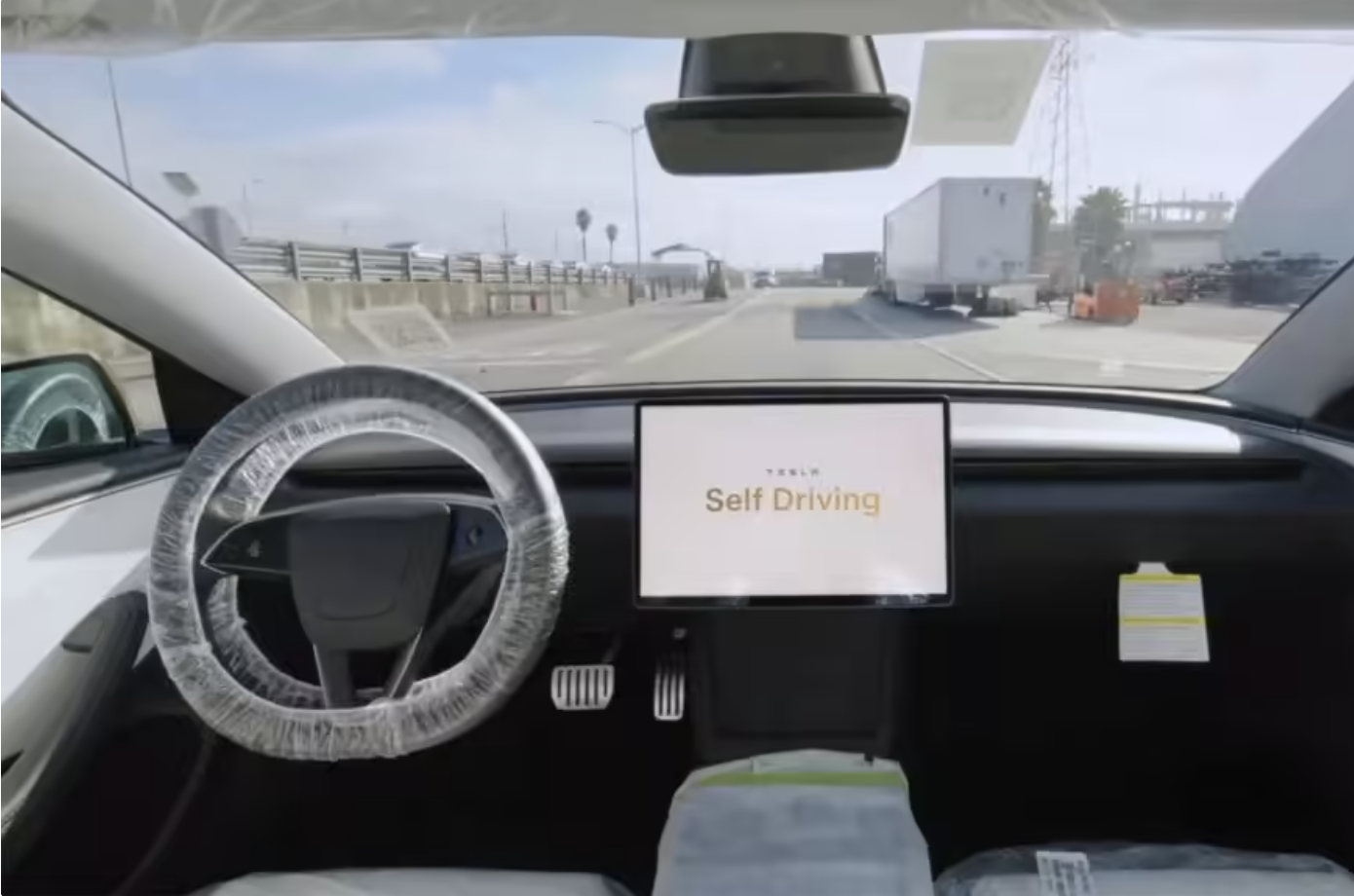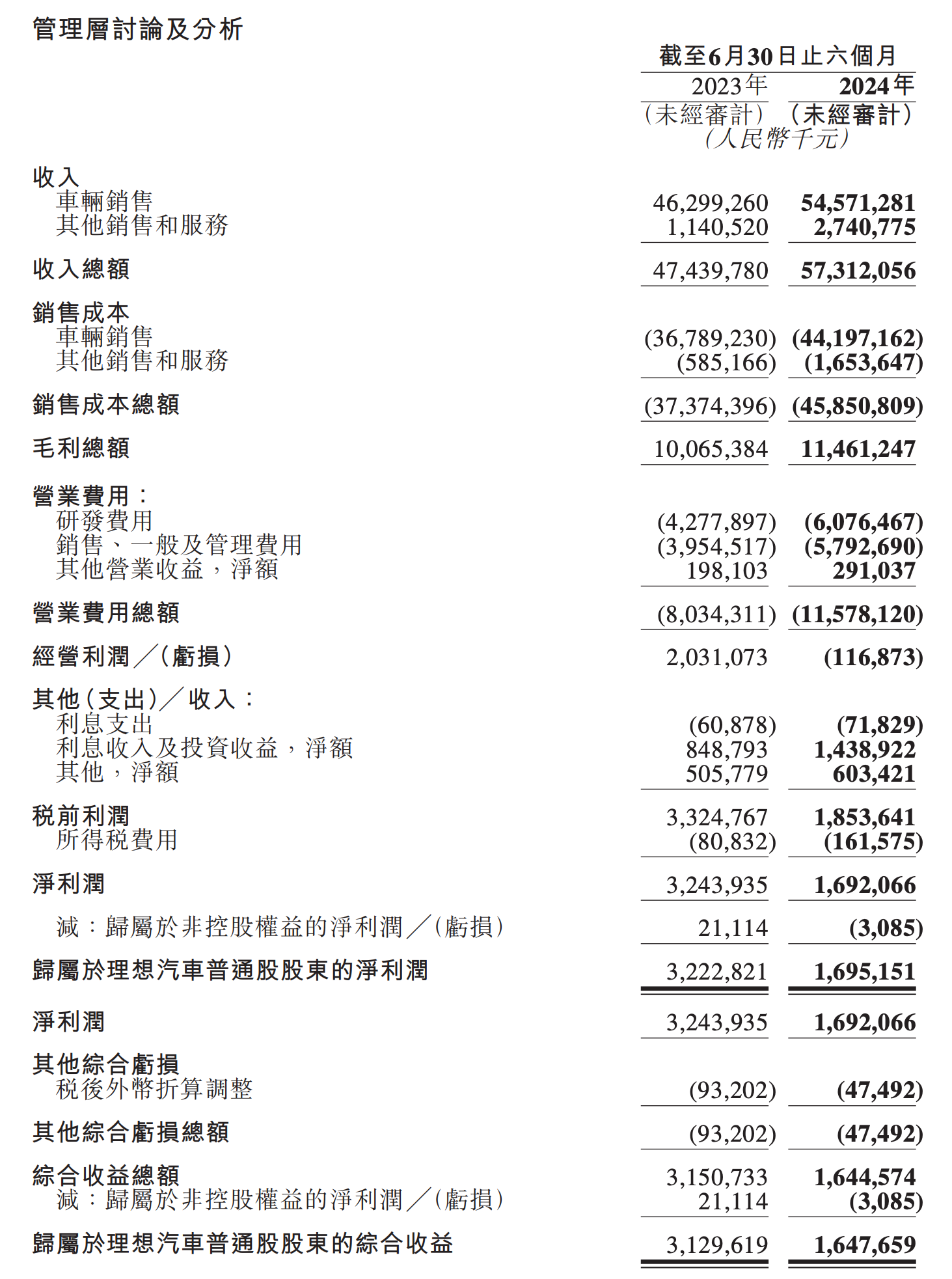September 16 News – Tesla has previously won multiple lawsuits related to its Autopilot and Full Self-Driving (FSD) systems. However, that streak was recently broken when a Florida jury found Tesla partially liable for a fatal crash. Tesla is now seeking a retrial, arguing the verdict could hinder the development of safety technologies.
The Fatal Florida Crash
The case stems from a 2019 accident in Miami-Dade County. Naibel Benavides Leon, 22, was killed when a 2019 Tesla Model S crashed into a parked Chevrolet Tahoe. Her boyfriend, Dillon Angulo, was severely injured.
The driver, George McGee, admitted he became distracted when his phone fell, taking his eyes off the road. He also believed the vehicle would automatically brake. McGee acknowledged his own negligence and admitted he placed too much trust in the system.
Jury Verdict: Tesla Bears Partial Responsibility
Despite McGee’s admission of fault, the jury held Tesla 33% responsible. The company was ordered to pay $42.5 million in compensatory damages and $200 million in punitive damages (approximately 3.03 billion and 14.24 billion RMB respectively).
Reports suggest the jury was influenced by the plaintiffs’ argument that, although Tesla repeatedly warned drivers to remain attentive with hands on the wheel, it exaggerated Autopilot’s real capabilities.
Car complaints platform CarComplaints noted that Tesla acknowledged the crash as a tragedy but insisted sole responsibility lay with McGee’s “extremely reckless behavior.”
Tesla Challenges Verdict and Requests Retrial
In court filings, Tesla argued: “No car currently on the market can automatically stop when the driver commands it to ‘keep driving.’” The company claimed McGee “ignored or overrode all safety features” with reckless actions, such as pressing the accelerator pedal, which disables adaptive cruise control and braking functions.
Tesla stated: “Since the invention of the automobile, reckless and self-centered drivers like McGee have always existed. Such drivers should bear full legal responsibility for their misconduct. To hold Tesla liable simply because a reckless driver disabled safety features contradicts Florida law. If such rulings set a precedent, they will stifle safety innovation and delay technological progress—ultimately costing more lives, both now and in the future.”
Core Dispute: Naming and Marketing of Autopilot
At its heart, the case highlights the controversy around Tesla’s naming and promotion of “Autopilot.” Had the system been given a different name or marketed differently, holding Tesla accountable might have been more difficult.
Tesla is currently asking the judge either to order a retrial or to reduce the damages. The outcome could have far-reaching implications for automakers, as well as for the relationship between the industry and autonomous driving technologies.


